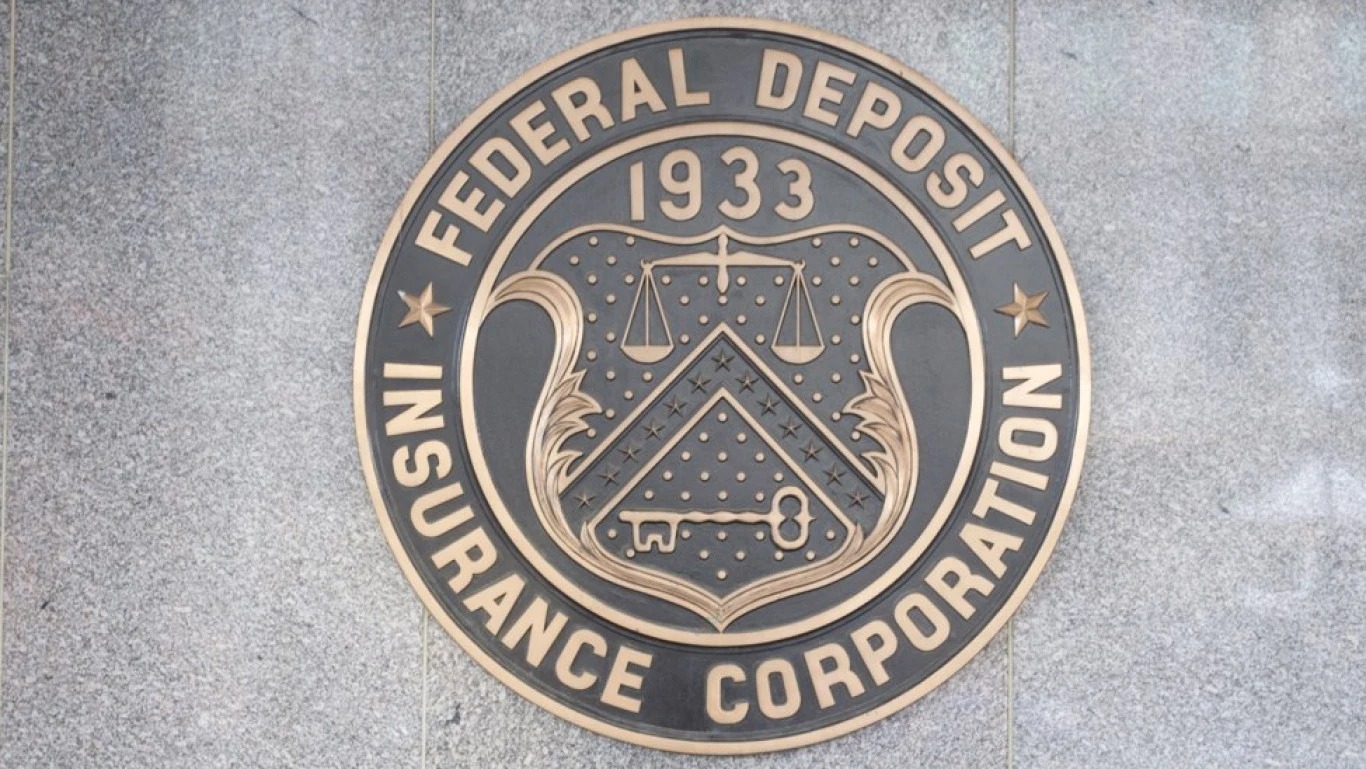
A New York Community Bancorp subsidiary has reached a deal with the Federal Deposit Insurance Corporation (FDIC) to acquire non-crypto-related deposits and loans belonging to Signature Bank, which US regulators shut down earlier this month. According to the FDIC press release, the bid did not include around $4 billion of Signature’s crypto-related deposits.
Flagstar Bank to Acquire $58.3b Worth of Signature’s Non-Crypto Deposits and Loans
Flagstar Bank, a New York Community Bancorp subsidiary, has agreed to acquire deposits and loans from the collapsed Signature Bank. However, crypto-related deposits will not be sold, according to the FDIC announcement.
Under the terms of the deal, Flagstar would assume non-crypto Signature’s deposits and a part of its loan portfolios for $38.4 billion and $12.9 billion, respectively, as well as all 40 of the bank’s former branches. As of March 20, Signature’s 40 branches will begin operating under Flagstar Bank, and all of its assumed will continue to be insured by the FDIC up to the insurance limit of $250,000.
The move comes roughly a week after the US regulators shuttered the Signature Bank after the Silicon Valley Bank (SVB) collapse, viewed as one of the largest banking failures since 2008. Similar to Silvergate Bank, which shut down operations earlier this month, Signature was one of the pillars of the crypto banking ecosystem.
Flagstar Steers Clear of Signature’s Crypto Business
Initial reports suggested that the FDIC asked any potential buyers to give up all crypto businesses at the Signature Bank. But the government agency denied such claims, saying it would not require any purchaser of Signature to divest its crypto operations.
Nevertheless, it now appears that Flagstar decided to rule out Signature’s crypto-related deposits anyway. According to the FDIC release, around $60 billion of Signature’s loans and $4 billion of its deposits related to the bank’s former crypto business are set to remain in its receivership.
Signature’s crypto business has been investigated by the Department of Justice (DoJ) and the US Securities and Exchange Commission (SEC), which examined whether the collapsed bank took adequate steps to detect possible money laundering by its clients. This scrutiny of the bank’s crypto activities could be one of the reasons why Flagstar hasn’t included crypto-related deposits in the deal.
This article originally appeared on The Tokenist
Sponsored: Tips for Investing
A financial advisor can help you understand the advantages and disadvantages of investment properties. Finding a qualified financial advisor doesn’t have to be hard. SmartAsset’s free tool matches you with up to three financial advisors who serve your area, and you can interview your advisor matches at no cost to decide which one is right for you. If you’re ready to find an advisor who can help you achieve your financial goals, get started now.
Investing in real estate can diversify your portfolio. But expanding your horizons may add additional costs. If you’re an investor looking to minimize expenses, consider checking out online brokerages. They often offer low investment fees, helping you maximize your profit.






